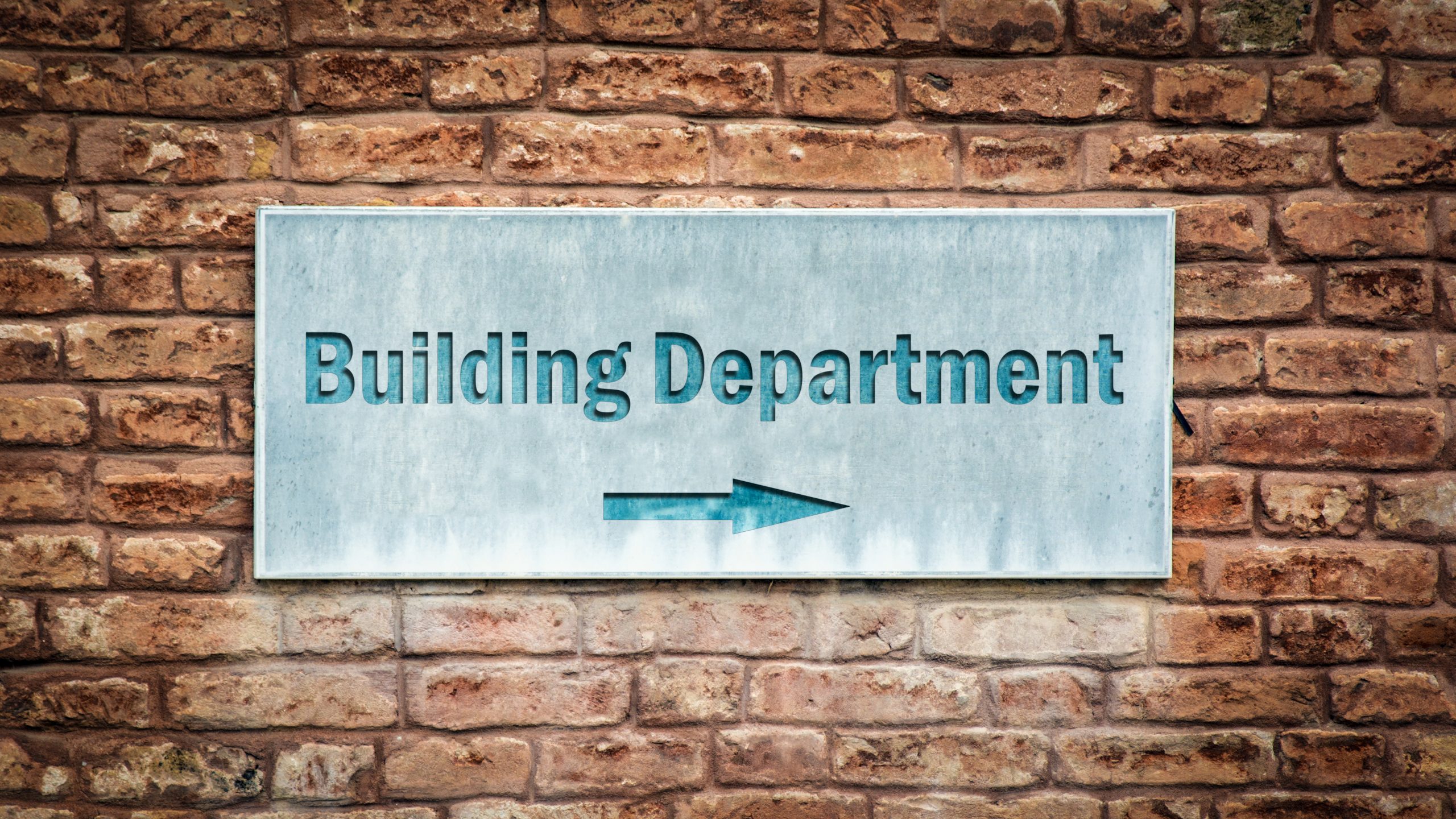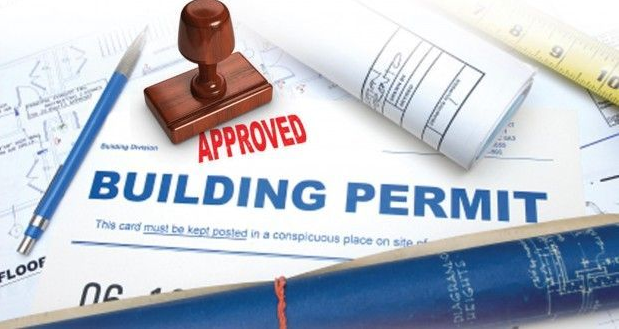After a productive legislative year in 2021, the state legislature is continuing to tackle California’s ongoing challenges related to the housing crisis and lengthy processing times. Two bills would aim to minimize some of the roadblocks facing housing projects by bringing down both direct costs and holding costs. First, AB 2063 proposes to codify the state’s often disregarded stance that affordable housing fees do not apply to density bonus units. This would eliminate a significant cost for density bonus projects, which play a vital role in increasing housing production across the state. Second, AB 2234 proposes to enact time limits on processing and approving post-entitlement permits to create a more efficient and consistent process. Both of these bills would help address some of the root causes of the high cost of building housing, including increasing impact fees and long-term holding costs associated with permitting.
AB 2063
This bill would update the State Density Bonus Law to clarify that affordable housing fees cannot be applied to density bonus units, except in limited circumstances. Although this is a relatively simple bill, its impact would be huge for housing projects in jurisdictions that have been requiring hundreds of thousands, and sometimes millions, in affordable housing fees on top of the on-site affordable housing units needed to qualify for the density bonus. The Attorney General issued an opinion in 2019 that this practice of applying impact fees on density bonus units was not permitted under the State Density Bonus Law. The Attorney General’s reasoning was that the imposition of these fees on density bonus units disincentivizes what the legislature clearly wished to incentivize—the construction of affordable housing. Despite the Attorney General’s opinion, some cities continue to apply affordable housing fees on density bonus units. This bill would codify the Attorney General’s opinion, putting this practice to rest.
The bill was introduced on February 14, 2022 by Assembly Member Berman and is sponsored by the Housing Action Coalition, a nonprofit that advocates for building more housing for California residents of all income levels. It was unanimously passed by the Assembly Housing and Community Development Committee on April 5th and the Assembly Local Government Committee on April 20th. It is now under review by the Appropriations Committee.
AB 2234
The Permit Streamlining Act sets time limits for the review and approval of entitlements. Its impact has been limited since its time limits run from completion of CEQA review, which is typically the main driver of entitlement schedules. This bill aims to put a similar, but more effective, framework in place for post-entitlement approvals. Due to challenges associated with staffing, permitting backlogs have long been a problem, especially in large cities with high volumes of construction. These delays increase holding costs and slow overall housing production. Given today’s inflationary environment, delays are even more problematic.
The bill would apply limits on the review process for all nondiscretionary permits for projects that are at least two-thirds residential. This would apply to building permits and permits for off-site improvements, demolition, excavation, and grading. Failure to meet any of the time limits would be treated as a violation of the Housing Accountability Act.
Specifically, the bill would require local jurisdictions to:
- Publish an online checklist of requirements for applications to be deemed complete along with an example of an ideal application that developers can use as a reference. Cities with a population of at least 250,000 will also be required to accept and update the status of applications online, including noting whether anything is required from the applicant.
- Provide written notice regarding whether the application is complete within 15 days. If a local agency does not make a timely determination, the application will be deemed complete.
- Approve or deny a post-entitlement permit within 30 days of deeming the application complete for projects with up to 25 units, or within 60 days for projects with 26 or more units. This would not apply if the city makes a written finding that the permit may have a specific adverse impact on public health or safety and additional time is necessary to process the application.
- Provide a process for applicants to appeal an incomplete determination and denial of a complete application within 60 days for projects with up to 25 units, or 90 days for projects with at least 26 units.
The bill was introduced by Assembly Members Rivas and Grayson on February 15, 2022 and is cosponsored by the Housing Action Coalition and Silicon Valley Leadership Group. It is scheduled to be heard by the Assembly Local Government Committee today.
We will continue to monitor these bills and keep you updated as they move through the legislative process.
Authored by Reuben, Junius & Rose, LLP Attorney Sabrina Eshaghi.
The issues discussed in this update are not intended to be legal advice and no attorney-client relationship is established with the recipient. Readers should consult with legal counsel before relying on any of the information contained herein. Reuben, Junius & Rose, LLP is a full service real estate law firm. We specialize in land use, development and entitlement law. We also provide a wide range of transactional services, including leasing, acquisitions and sales, formation of limited liability companies and other entities, lending/workout assistance, subdivision and condominium work.






